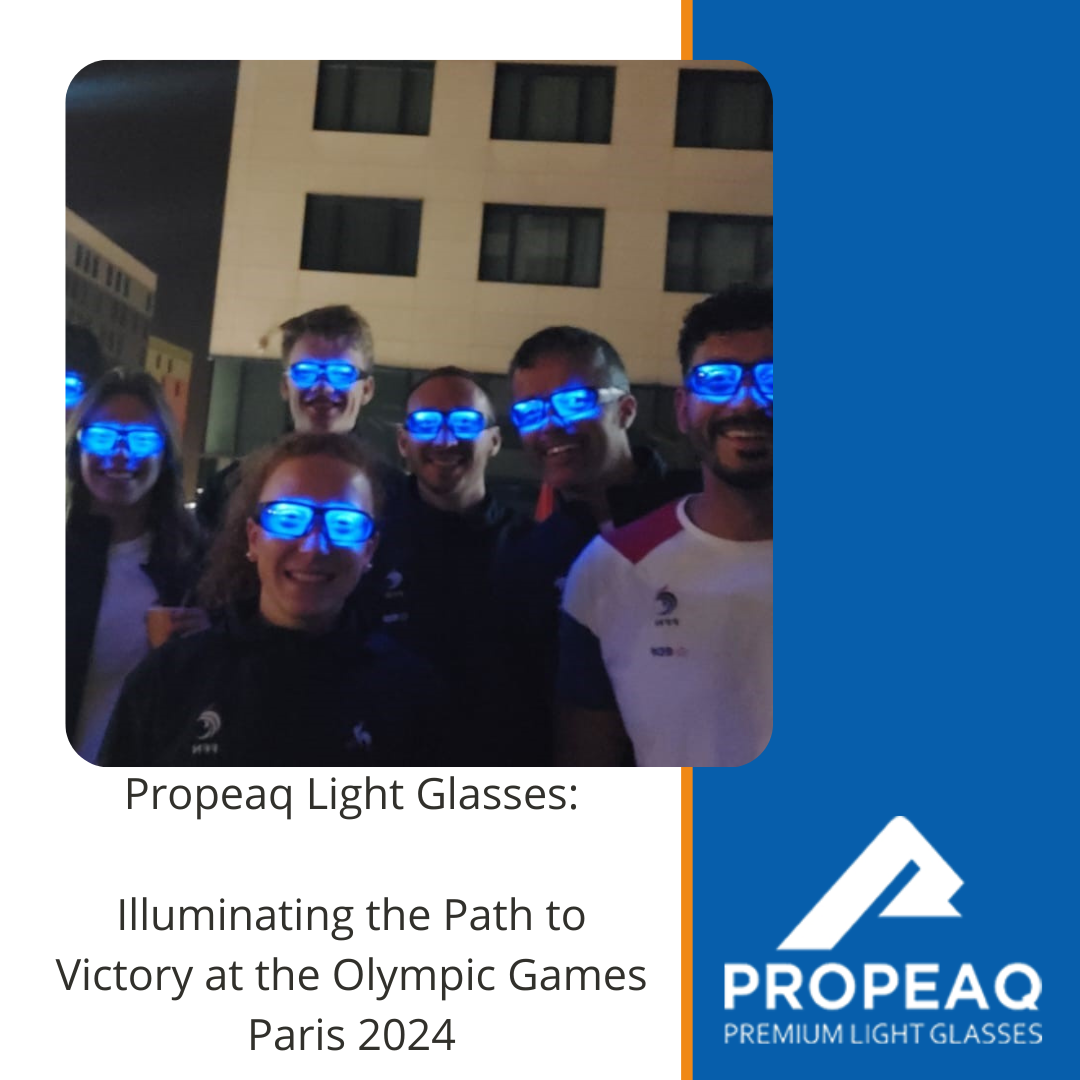Air travel across several time zones causes negative effects—some of which occur during flight and some of which occur in the days after flight. These effects are often referred to collectively as jet lag, but they are actually two separate phenomena—travel fatigue and jet lag—each with their own causes and consequences. Travel fatigue refers to a collection of symptoms that occur during or immediately after long flights. Jet lag refers to a collection of symptoms that occur in the days after flight across three or more time zones.
In August 2020, the Olympic Games will be held in Tokyo, Japan. Athletes will travel from all over the world to compete in the Games, and many will have to travel across several time zones. Some athletes will travel to Japan, or nearby countries, weeks before their events, while others will arrive in Japan in the days prior to competition. In either case, athletes will want to adjust to the new time zone as quickly as possible so that they can prepare well and/or compete at the highest level.
The Cause of Jet Lag
So where does jet lag come from? The circadian system cannot immediately entrain to the timing of a new time zone, so after long-haul flights to the west or east, the circadian system is initially aligned with the timing of the point of departure rather than the new location. A period of desynchrony follows while the circadian system is entrained to the timing of zeitgebers in the new time zone—and it is this period of desynchrony that gives rise to the symptoms of jet lag.
Direction of travel influences the experience of jet lag
The most obvious consequences of jet lag are poor night-time sleep, excessive daytime sleepiness, and poor mental and physical performance. However, the experience of jet lag greatly depends on the direction of travel.
Maximizing exposure to sunlight in a new time zone is an effective strategy for overcoming jet lag. To overcome jet lag, the circadian system must adjust so that it becomes aligned with the desired timing of sleep and wake in the new time zone. The most effective way to adjust the circadian system, or shift the timing of the body clock, is with exposure to light.
Conclusions
Long-haul flight over several time zones causes both travel fatigue and jet lag. The most obvious consequences of jet lag are poor sleep at night, excessive sleepiness during the day, and poor mental and physical performance. These consequences occur because the human circadian system cannot immediately adapt to time cues in a new time zone.
Minimizing jet lag is possible using judiciously timed light exposure/avoidance and ingestion of exogenous melatonin to facilitate adaptation of the circadian system to a new time zone.
These recommendations are based on the latest information regarding the effects of light and melatonin on the human circadian system. There are potential barriers to the practical implementation of these recommendations, so it will be critical to assess their efficacy in natural settings, preferably using experimental designs with randomization to treatment and control groups.
Prevent jet lag using Propeaq
Propeaq has years of experience in preventing and / or combating jet lag and maximizing performance with the help of light. Are you curious about how Propeaq can help you overcome jet lag? Feel free to contact us or visit our website on this subject at: https://www.propeaq.com/en/going-to-tokyo/
Source: Frontiers in Physiology












